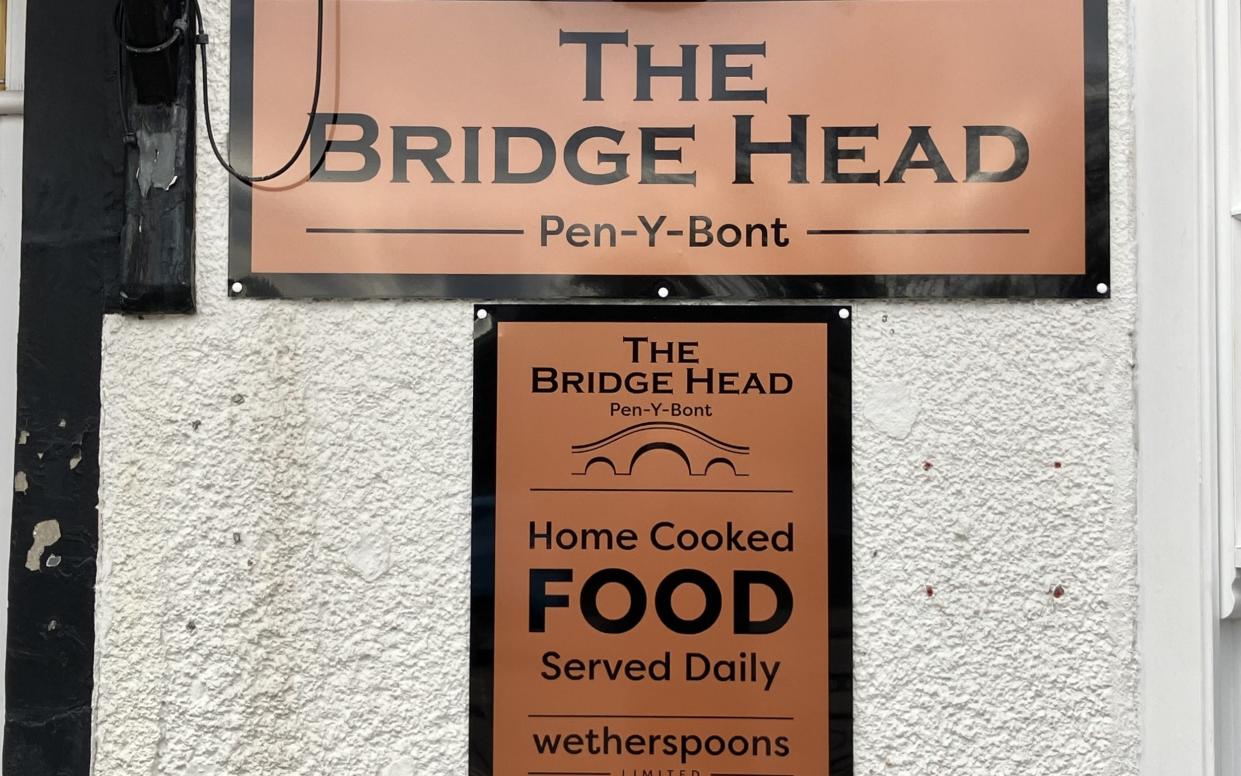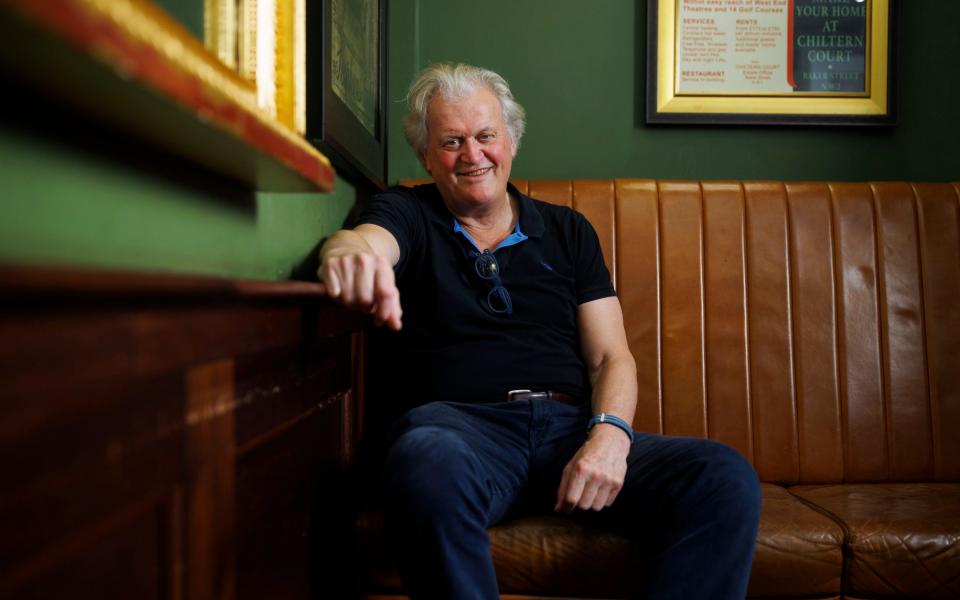JD Wetherspoon sues Welsh pub for using ‘Wetherspoons’ name

JD Wetherspoon is suing the Welsh pub at the centre of a rebranding row for using its name on signs.
The JD Wetherspoon pub chain, led by Sir Tim Martin, has filed a legal claim against a company trading as Wetherspoons Ltd, which runs The Bridge Head in Abergele, Denbighshire.
The pub, which has no link to JD Wetherspoon, had placed a “Wetherspoons Limited” sign on the building.
It came after the pub was hit by a boycott from locals in March after it changed its name from Pen-Y-Bont Inn to The Bridge Head.
Sir Tim, founder and chairman of JD Wetherspoon, said the pub chain had resorted to legal action after trying to resolve the matter informally.
He said: “It’s mad. We’re well known in Wales. Welsh poets Goldie Looking Chain have even memorialised us in song.”
Sir Tim added: “Despite a number of requests to the pub’s owners to remove the reference to Wetherspoons, they refused and we have therefore had to issue court proceedings asking the court to order that they do so.
“We hope that the matter can still be resolved amicably.”

JD Wetherspoon’s name comes from a combination of JD, a character in the 1980s TV series The Dukes of Hazzard, and Wetherspoon, which was the surname of one of Sir Tim’s school teachers.
Companies House documents show the company Wetherspoons Ltd, which is included on The Bridge Head’s sign, was incorporated in February of this year.
The Bridge Head was approached for comment. A spokesman for the pub told North Wales Live in March: “Wetherspoons Ltd is a legitimate name and an available name. It has been registered with Companies House.”
In March, local residents argued the pub’s name change from Welsh to English was betraying the country’s heritage – although new signage displayed its original name in much smaller writing underneath.
Gareth Bolton, a local resident, told the BBC at the time: “The names of these institutions are woven into local culture, identity and history. The savage act of erasing our language is atrocious.”
However, Michael Warton, the pub’s manager, was quoted as telling the Daily Post that the pub “looks a hell of a lot better” and that feedback had been “very positive”.

